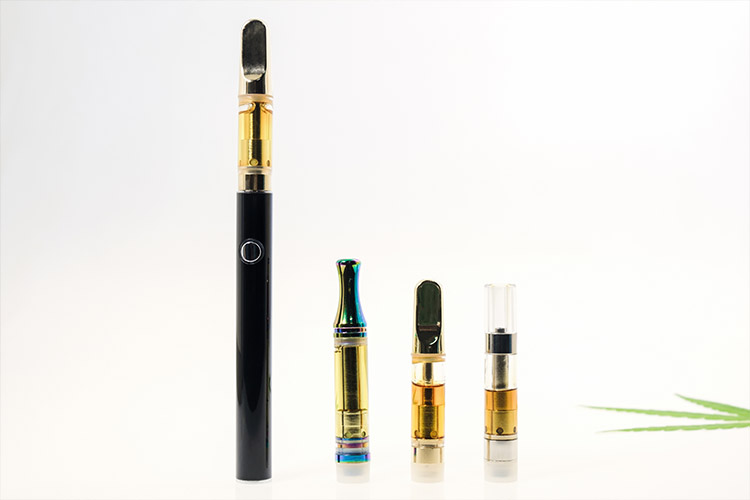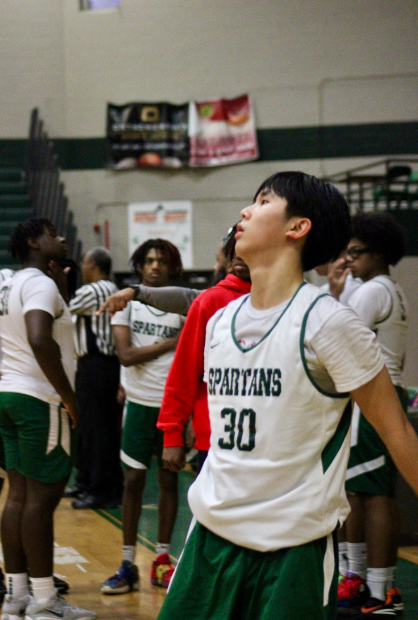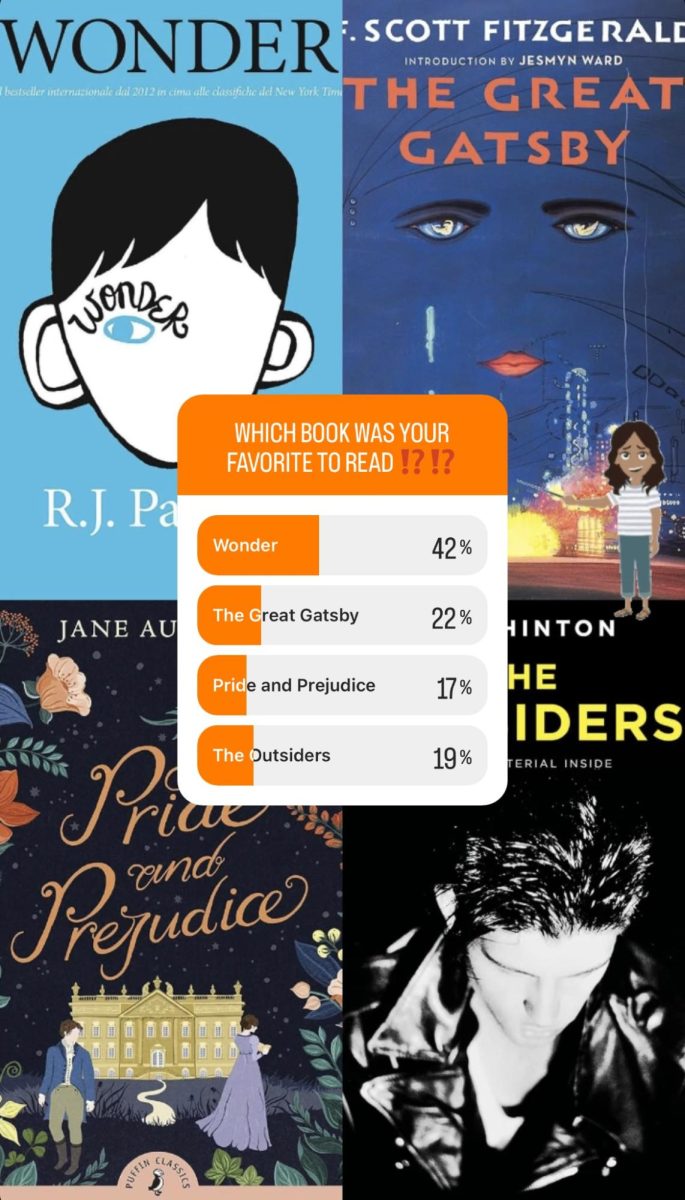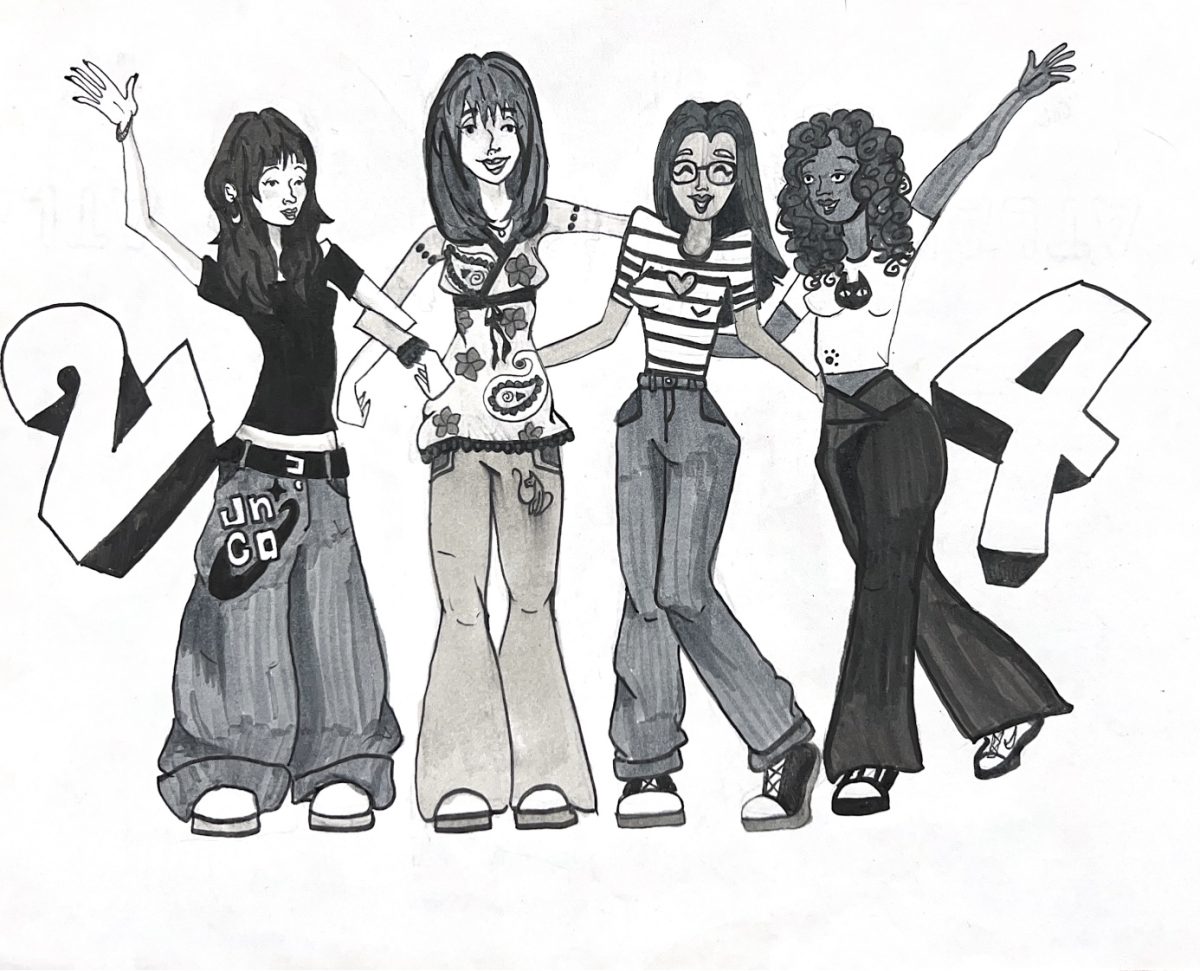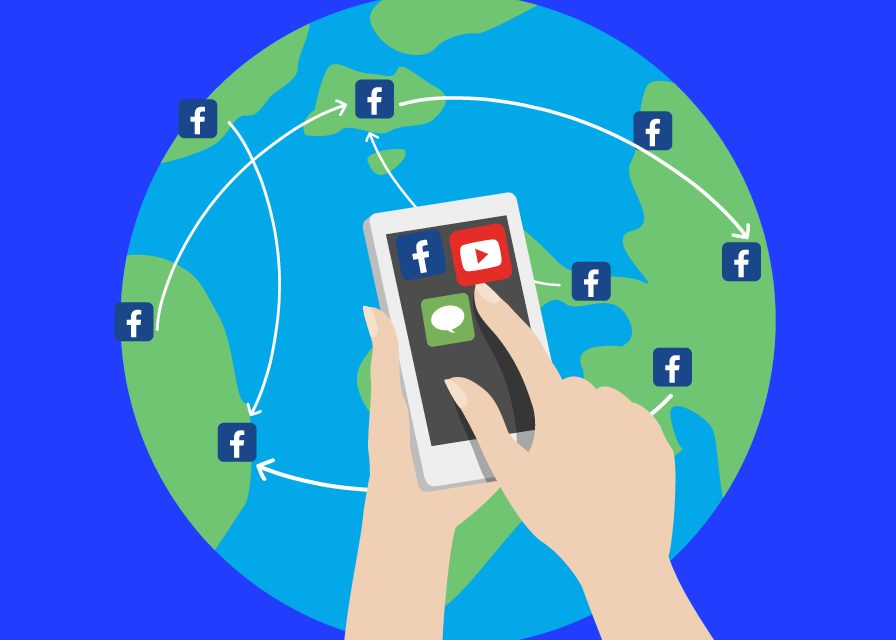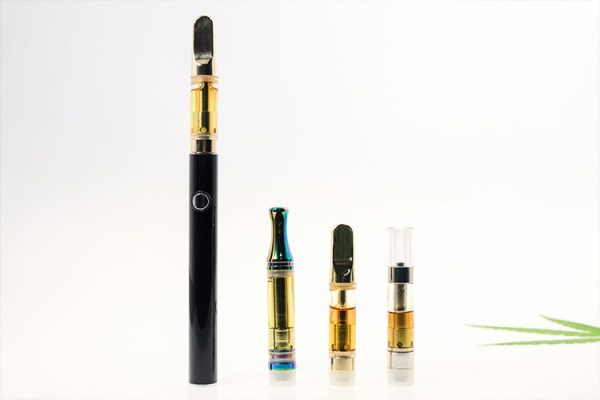Facebook crashes for hours: what happened?
Facebook connects nearly 2.85 billion people worldwide, but what impact does it have on its users? On Oct. 5, whistleblower Frances Haugen came forward and revealed critical information about Facebook’s mismanaging of privacy, hate speech and mental health.
Monday, Oct. 4, millions across the globe were confused as apps owned by Facebook refused to load, preventing many from communicating with friends, family and loved ones. This came soon after Frances Haugen, a former Facebook employee, made information public that accused the tech giant of lying to the public and fostering unsafe conditions online. This information shocked many and left them questioning the apps they so depend on.
“[Y]ou don’t have to be an expert in these topics to really have an opinion or talk about them,” Abhinay Lingareddy (12) said. “[T]hose attacks by Facebook are kinda unwarranted and they aren’t responding to the real issue at hand, which is they majorly screwed up, and they’re trying to attack her instead of addressing these problems, and I just think it’s the wrong way to go.”
Many, like computer science teacher Mark Harris, were surprised by the news. As someone who respected Facebook and had even been invited to a workshop at the Facebook headquarters, Harris felt as though the company deceived the general public.
“When I heard about the allegations coming out with the whistleblower, I was shocked,” Harris said. “I felt that they were being deceptive. They’d always come across as a company that wants to give good information, and even though they’re a business that wants to make money, with these kinds of allegations and the things they’re promoting, they’re hurting our country.”
Others, however, were less surprised.
“I saw a little clip of her being interviewed on BBC,” teacher Mike Stephenson said. “Nothing that I saw on the segment surprises me in her allegations about putting profits over people, because sadly I think a lot of corporations do that. Facebook is not alone.”
Facebook has come under criticism in recent years regarding misinformation being spread on its apps, particularly conspiracy theories. Facebook has also been scrutinized this past year for spreading false information about COVID-19 and its vaccine. This misinformation and hatred, Haugen claimed, keeps people on the app and makes Facebook more money; however, it can have harmful consequences.
“With the insurrection that happened back on Jan. 6, they say Facebook’s algorithm helped promote that,” Harris said. “The algorithms know what people like to see, and they like to see bad things sometimes.”
One of the major claims made by Haugen was that Facebook is much less effective than it claimed at filtering hate speech. She claimed that Facebook likely only filtered about 6% of all hate speech on its apps and less than 1% of all violence and incitement. Like Haugen, Harris believes that promoting negative content, including content containing hate speech and violence, is a way that Facebook draws in users.
“They make more money by promoting hate and shocking things that people like to see,” Harris said. “I think Facebook needs to focus more on positive applications.”
Facebook is aware of its effect on teens’ mental health Haugen claimed, but they have been indifferent on making substantial changes to solve the issue at hand. According to Facebook’s own internal research conducted in 2019, Instagram makes body image issues worse for one in three teen girls.
“I think it definitely ruins some teens’ mental health,” Lingareddy said. “Instagram and social media in general has shaped our generation especially because we are the social media generation. Everything we do, we go on Instagram, we go on Twitter, we go on TikTok … Just because it isn’t overall negative or overall positive, there’s still a significant amount of negative things happening, so something still has to be done to address this.”
Shivani Menon (10) criticised Facebook because of the way it markets unhealthy ideas towards teenagers, particularly teenage girls. She believes that promoting makeup products, diets and overly photoshopped pictures negatively contribute to teens’ self-image and have even contributed to her own insecurities.
“You have these ads telling you that there’s something wrong with you, there’s something wrong with your body,” Menon said. “There’s nothing telling you that you’re fine the way you are. It’s always, ‘Oh your waist needs to be skinnier, oh you don’t have thick enough hair.’ These ads should be restricted, they shouldn’t be affecting kids at such a young age.”
Zuckerberg has claimed that he cares deeply for mental health and safety online, but many people, like Lingareddy, don’t trust his words.
“I think actions speak a thousand words,” Lingareddy said. “No matter what you say, much of what CEOs say is all a PR campaign … I think until we see action I can’t say that those are trustworthy words.”
Facebook still has a long way to go until they fully have people’s trust. What people want is not broken promises but for CEOs to be held accountable for their actions.
“The problem is I don’t know what you can do about it,” Stephenson said. “Unfortunately, when we open these can of worms, it’s not so easy to put them back in the can. I don’t see a way that it can be better managed than it is, unless the owners of the platforms become more fully responsible. And I don’t know if that’s happened just yet.”
Your donation will support the student journalists of White Station High School. Your contribution will allow us to purchase equipment and cover our annual website hosting costs.


